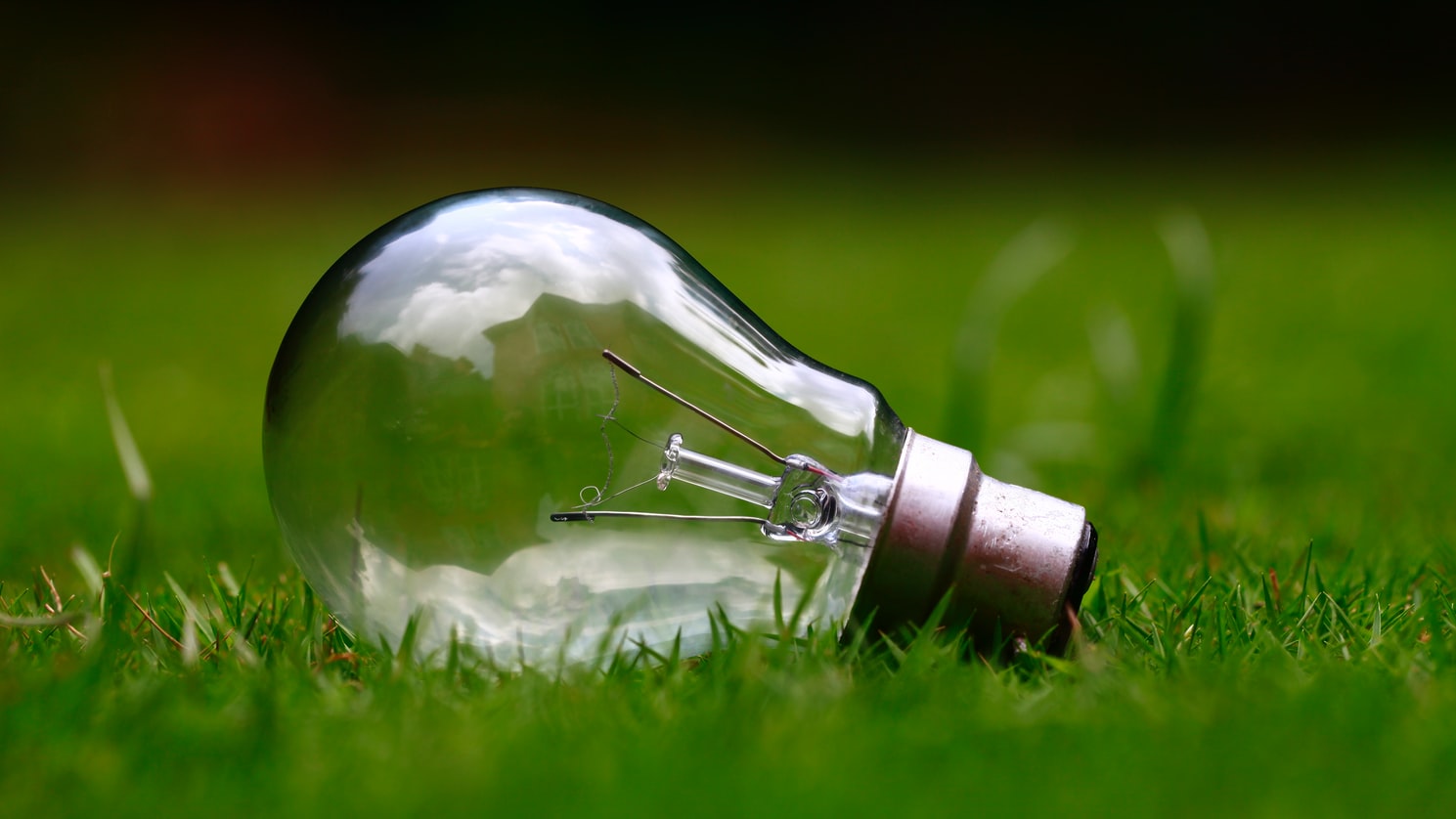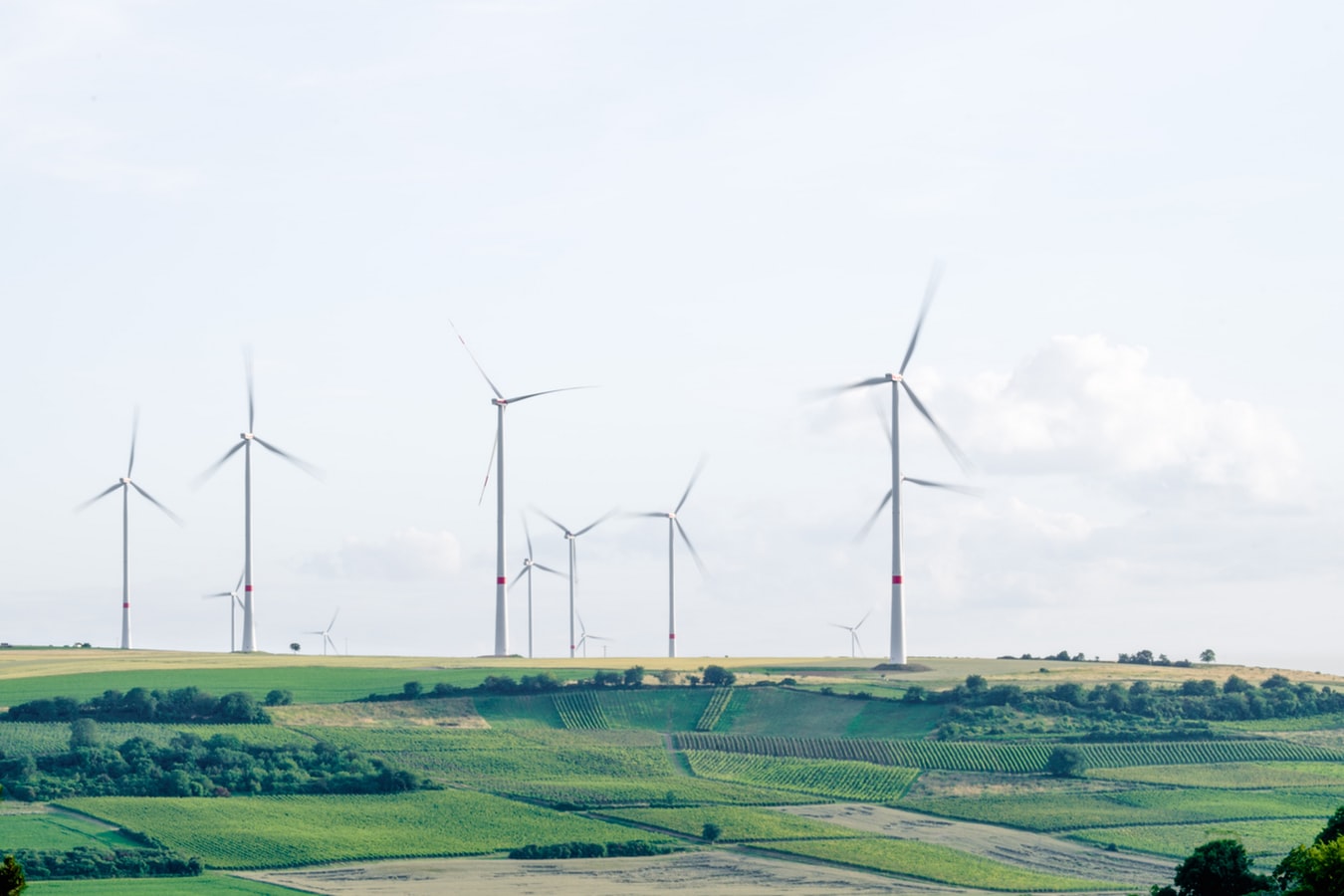It's national Cut Your Energy Costs Day, so why not talk about how to minimise the waste of energy in your house ? Most of the students are on bills included contract whilst renting their student accommodation, so even though maxing out your utility use does not hurt your wallet, it hurts the planet!
Moreover, it is important to bear in mind that all inclusive bills contract has an allowance. The allowances are generous but it is important that you and the other tenants in your home are sensible with your utility usage throughout your entire tenancy agreement - that will help avoid any extra charges at the end of your tenancy.
We gathered the easiest and most effective tips that will help you monitor your bills, stay under allowance and help the planet!

Electricity
- Make sure you turn the lights off when you leave a room and when you are out of the house. Leaving the lights on when it is unnecessary is a major reason for big energy bills. Did you know that it can account for up to 15% of your electricity bill each year?
- Avoid using electric heaters as they cost a lot to run which is quite unsustainable
- If you need to replace any bulbs in the house, use LED ones. They use a lot less electricity than standard light bulbs.
- Turn off all appliances and computers when they are not being used. Did you know that on average UK households spend at least £30 a year powering appliances left in standby mode? For example, a laser printer on standby could cost over £18 and an iPad charger £12 a year. To avoid this unnecessary spending you can physically unplug the devices from the power socket or turn the socket off.
- Try avoiding heating up a full kettle when you only make one drink, this wastes a lot of energy and money. Filling the kettle full each time when boiling water is another wasteful habit of ours. A full standard kettle can serve up to 8 cups of tea and boiling the water for it costs approximately 2.5p. This might not sound much,but boiling a full kettle 10 times a day can add up to more than £90 per year. Therefore, try to boil as much water as you need and not only save your money, but also the nature!
Heating
- Set the heating to come on and off as and when you need it and not to leave it on high constantly. Make sure you turn it off or set at a lower temperature when everyone is asleep or out of the house
- If you have temperature controls on your radiators, turn off (or turn down) the radiators that you do not need as much such as kitchen or bathroom radiators or any rooms that are empty.
- Never have the heating on full blast, this uses a lot of gas and will cost a lot to run long term.
- Try and take shorter showers, just a few minutes a day adds up to a big saving over time.






